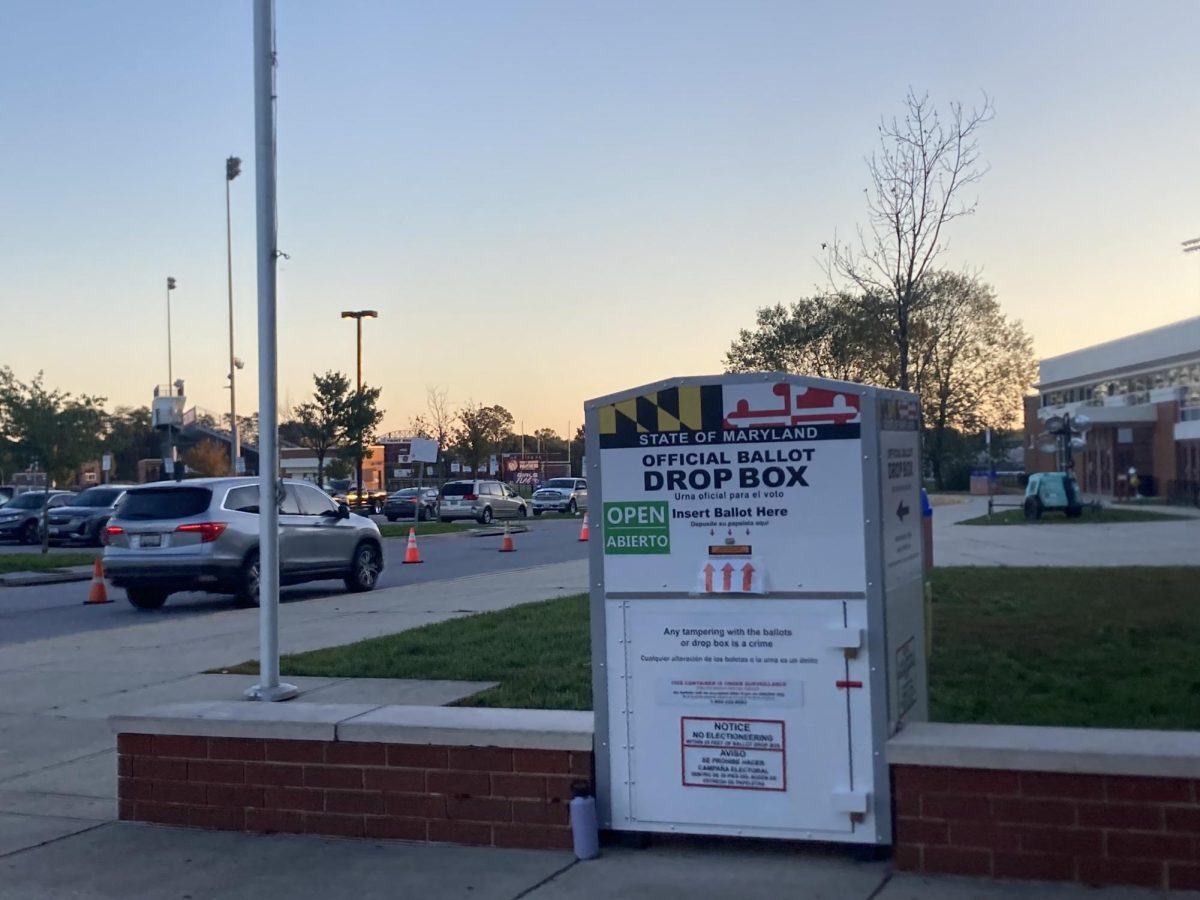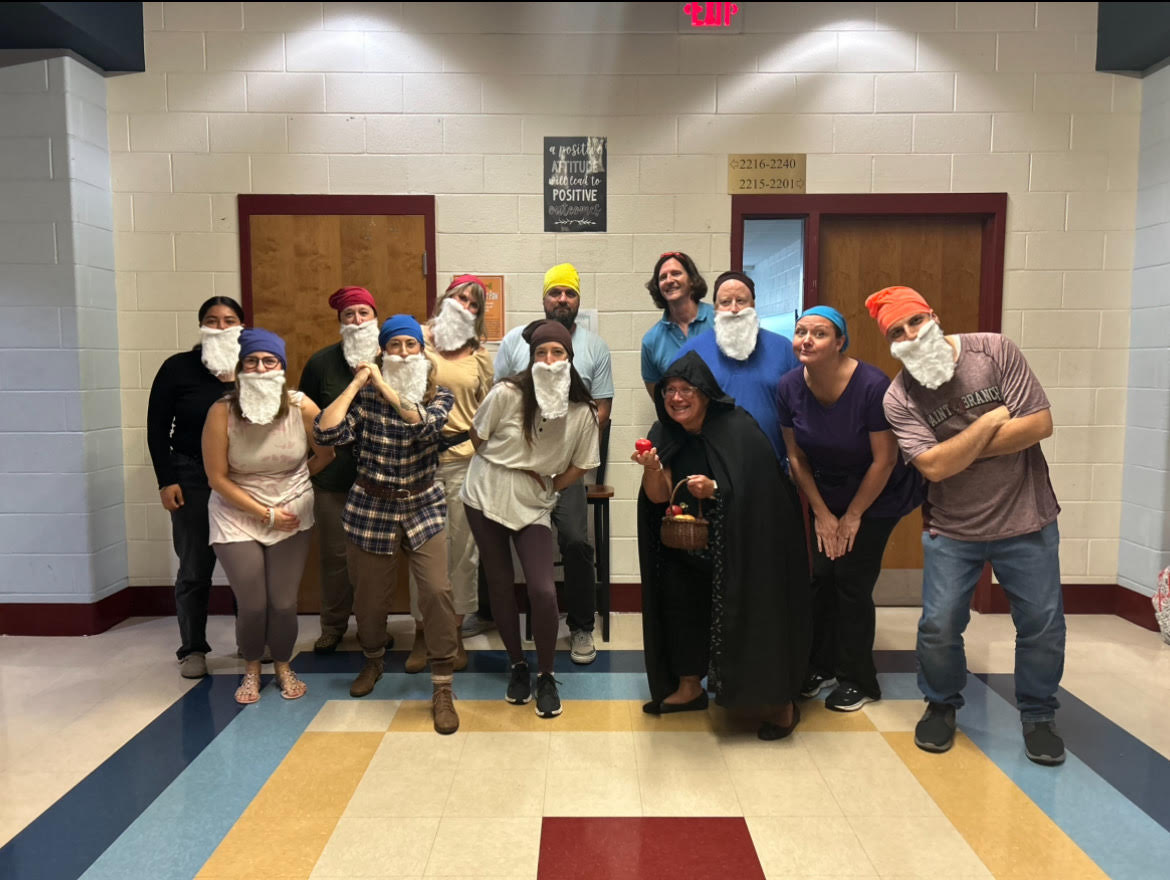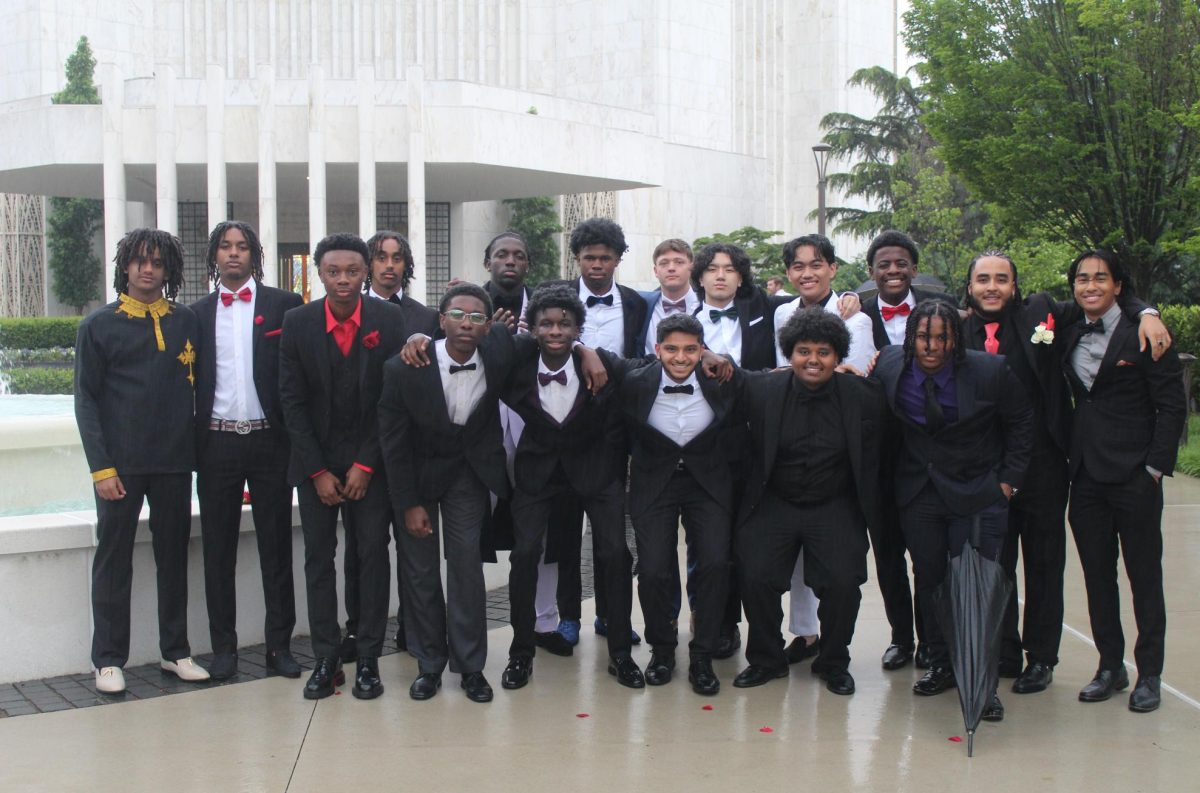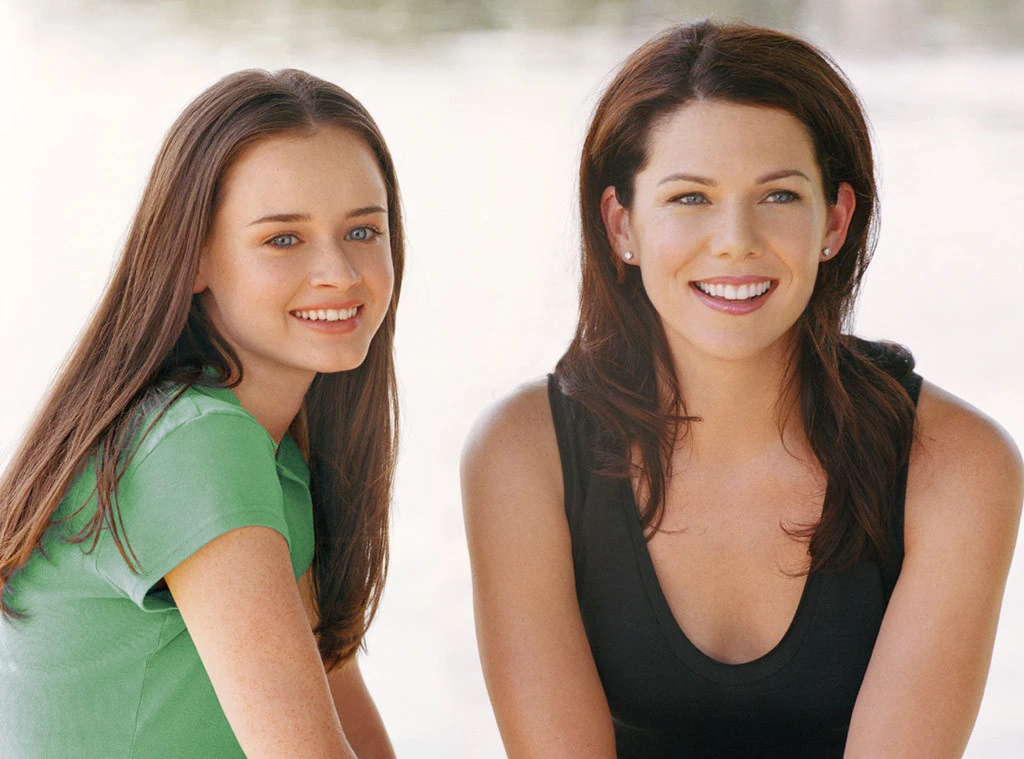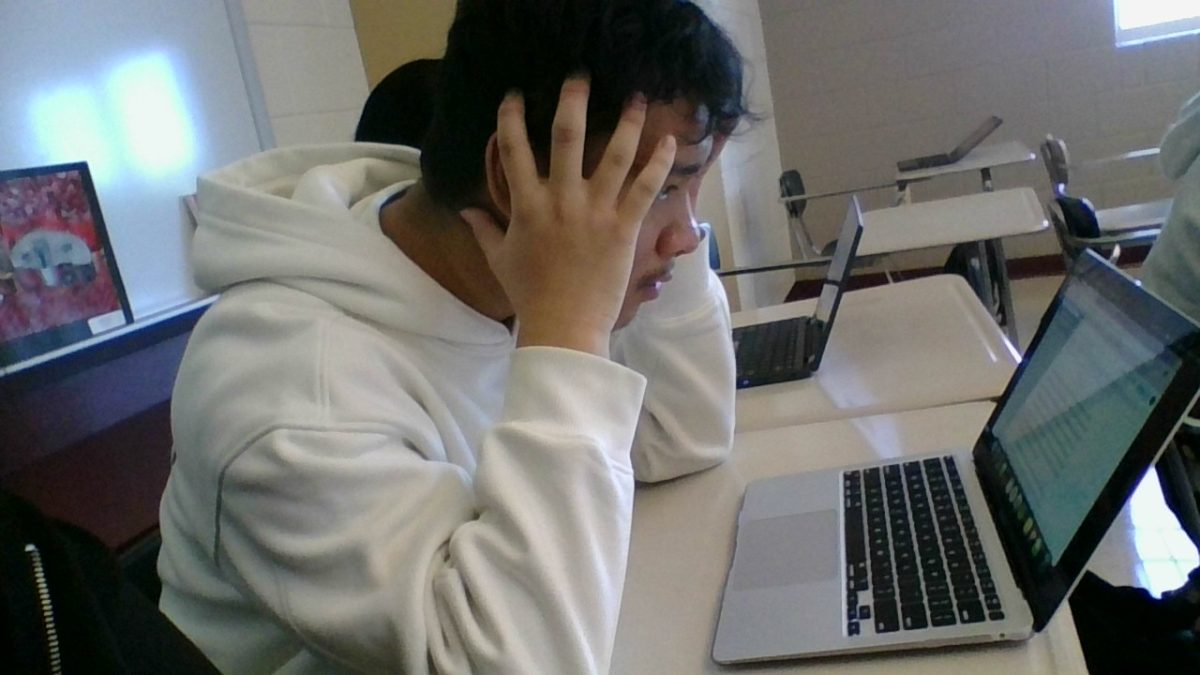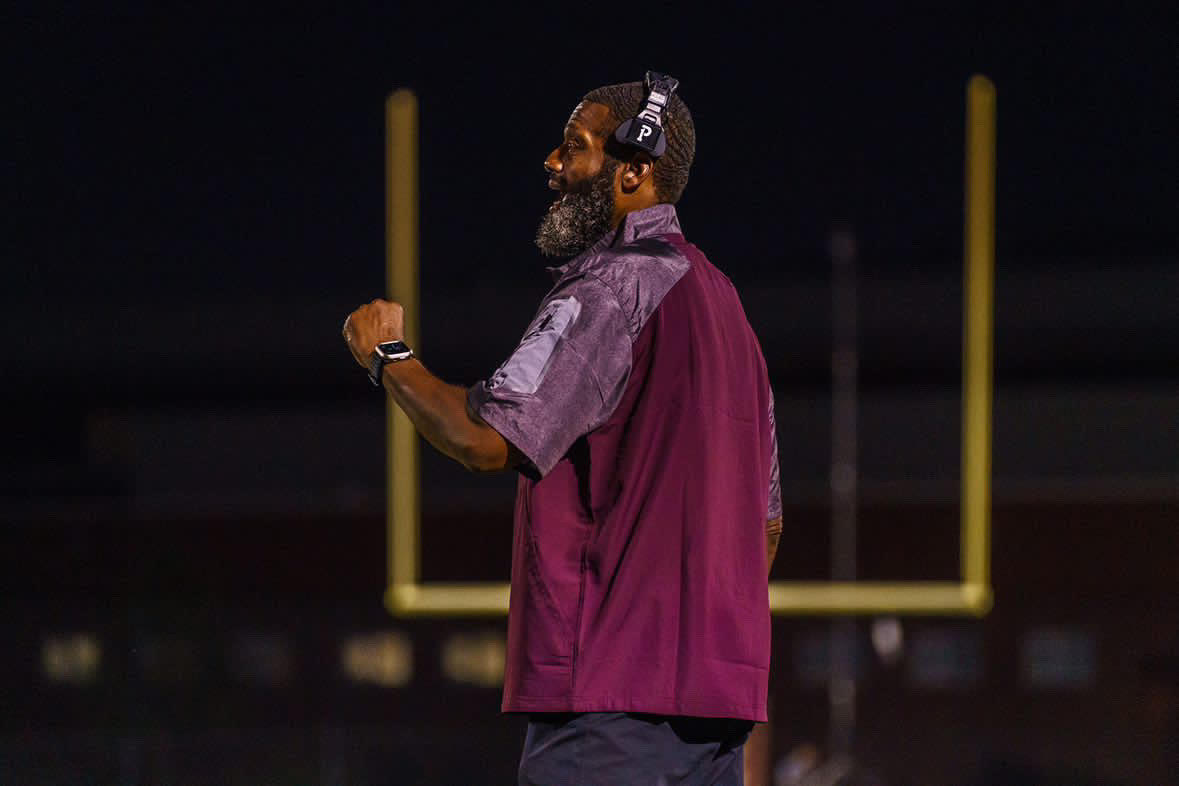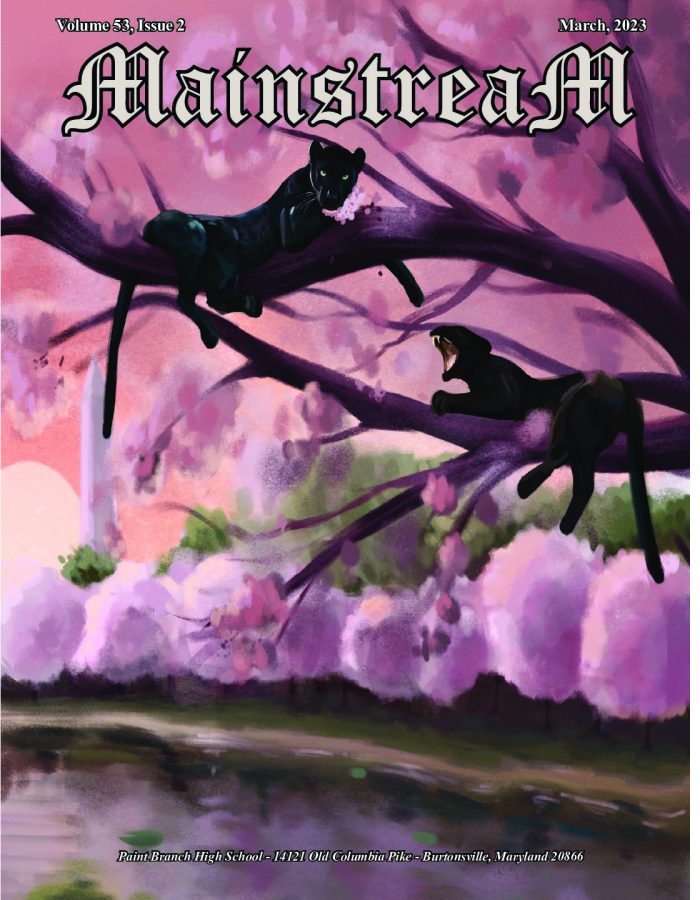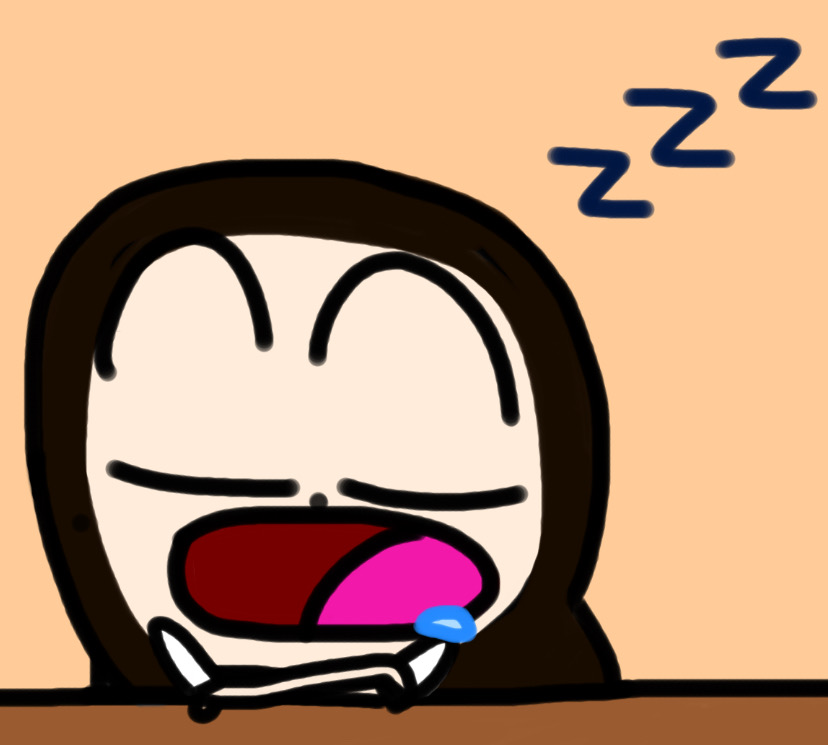Students in Maryland, starting with the class of 2025, are required to take a full year of health classes. Not only does this new requirement feel unnecessary, it makes it harder for students to experience other classes that they feel strongly about taking and ignores other areas of study that may be more important.
The first semester health course, Health A, is informative, helpful, and guides students to a positive and healthy path in life. Health A consists of a variety of topics including, healthy vs. toxic relationships, the dangers of drugs, healthy eating, and other important topics. But one semester is enough. Having to take another semester of health just to dig a little deeper into the same topics might be beneficial to those who need to hear the information again, but for most students it is taking time away from other classes they were looking forward to taking or completing.
If one of the reasons the state of Maryland has chosen to add a second required semester to the health curriculum is that students reject what they are being taught in Health A, then there are other methods of providing that material. Schools could make Health B an optional elective for students, develop materials that schools can distribute to students, Choose: and provide learning opportunities in classes or homeroom periods on important topics, such as vaping and mental health awareness. Additionally, they could offer after-school activities where they could earn SSL hours to help them towards their graduation.
Health education is important; no one denies this. Yet, that is why we have health in middle school and high school. The Centers for Disease Control and Prevention states that “health class can reduce the prevalence of health risk behaviors” and “each school day provides students the opportunity to learn the importance of behaviors and skills needed to engage in a healthy lifestyle.” While this emphasizes the importance of health class, there is no evidence that demonstrates having students repeatedly learn the same topic would affect their decision making more than it already has.
In addition to the repetitive content, students don’t see a strong connection between Health B’s course content and student behavior. In a conversation I had with PB junior, Beruktawit M., about her opinions on Health B, she told me that the class’s content doesn’t have much of an influence on students’ life choices. Beruktawit took Health B over the summer because the class felt like a waste of time. She wanted to be able to schedule and focus on other classes she feels more strongly about during the regular school year. She also notes that what they studied felt “sort of wasted” because at school she doesn’t see much change in students’ actions and their behaviors because “they still behave the same way they did to begin with.”
Repeating content feels a lot like taking action that has limited results. For example, last year, vape detectors were installed at Paint Branch, John F. Kennedy, Northwood, Quince Orchard, Richard Montgomery, and Walt Whitman to prohibit and stop students from vaping in the bathrooms. The vape detectors must have had no real impact on students because shortly after they were installed, they were taken out. According to Dr. Mirshah, who was PB’s principal at the time, the vape detectors were removed from the school shortly after she left, though she is not certain why. To me, this shows that there isn’t much the school can do to alter the decisions students make. Whether schools try to influence student behavior by installing something in bathrooms or force them to study the same content multiple times, many students just don’t seem to respond.
If Health B is simply a reaction to the fact that students are not taking to heart the lessons being taught in the original course they took, it seems unnecessary to continue teaching the same topics taught in Health A. At the end of the day, if students don’t bother to reflect and think back upon what they learned in the class, then adding an extra semester for health certainly won’t make any more of a difference than it already has now.
With this in mind, if the state and Montgomery County school district really wants to help students better their life choices and are determined to add one semester of class to students’ schedules, they should start with financial literacy in exchange for Health B. Financial literacy is a great topic to teach, especially to a younger, more vulnerable audience like high school students when it comes to earning and spending money. Financial literacy is rarely spoken about in school, unless a student chooses to join a club or becomes, at PB, part of the Academy of Finance program. If the district looked at “health” in a more inclusive way and expanded the definition beyond just physical and emotional health to financial health then all students would be better off.
A brief look at news sites reveals that many people struggle with financial debt, and drug and tobacco use is a serious health issue. So why is only one of these focused on for high school students? Teaching financial literacy can help students learn how to manage their spending habits, learn how to manage credit, and a variety of other important topics as they move into young adulthood. Tony Thurmond, the California State Superintendent of Public Instruction, states, “Research shows that students who have access to high-quality financial education have better financial outcomes as adults that result in less debt and a higher quality of life.”
If students at PB could learn financial literacy in place of a Health B class, they would obtain new and valuable information rather than sit through repeated topics that they most likely won’t truly take into account before making decisions. The repetition taught in Health B has no benefit towards the students decision making since there already is no change seen by Health A. This takes away from other important topics like financial literacy or any other classes students feel they want to pursue.

